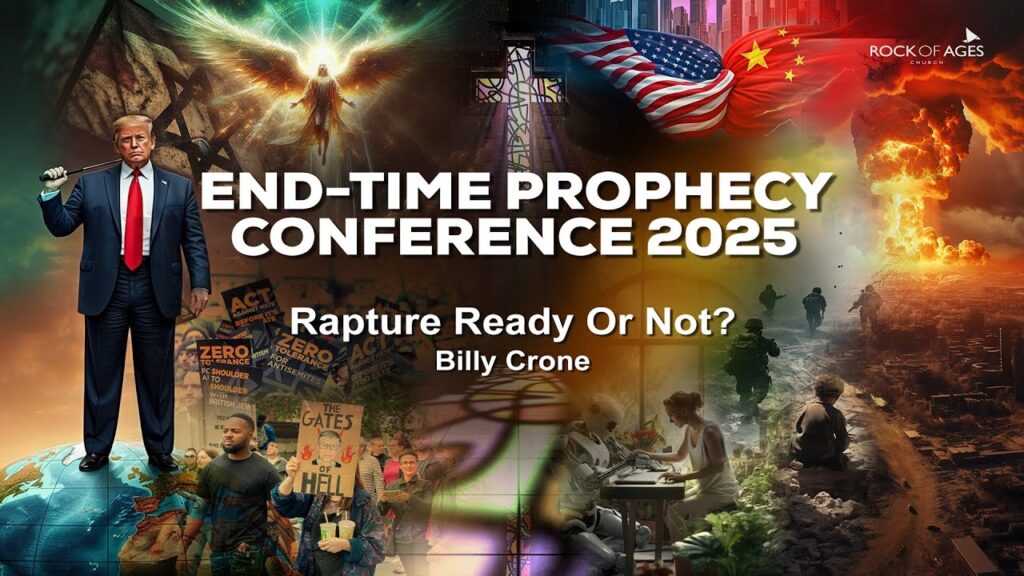
Introduction to Rapture 2025
The concept of ‘Rapture’ has long been a topic of discussion among religious communities, particularly in Christian eschatology. With the increasing interest in predictions surrounding Rapture 2025, understanding its implications becomes crucial not only for believers but for those engaging with broader socio-religious discussions. This event is speculated as a significant point in the timeline of religious prophecies, raising questions about faith, predictions, and the future of humanity.
Current Discussions on Rapture 2025
In recent months, the year 2025 has emerged in various circles as a potential date for the Rapture, a sudden event when believers are said to ascend to heaven, leaving the non-believers behind. This speculation stems largely from interpretations of biblical prophecies, particularly those found in the New Testament books of Matthew and Revelations. Some prominent religious leaders and apologists have pointed to contemporary events — including geopolitical tensions, climate change, and social upheaval — as signs that this prophecy could soon be fulfilled.
Various books, online platforms, and seminars have sprouted, devoted to interpreting signs of the times and how they correlate with the Rapture narrative. While some view these predictions with fervor, others argue against setting specific dates, citing historical miscalculations. Notably, the late American preacher Harold Camping famously predicted multiple dates for the Rapture, resulting in widespread disappointment and skepticism when none came true.
Community Reactions and Cultural Impact
The potential for Rapture 2025 has led to a divided response amongst communities. Many devout followers perceive this as a call to prepare spiritually and engage more deeply with their faith. Evangelical groups are particularly active, mobilizing in prayer and outreach efforts. Conversely, skeptics and non-believers often regard such predictions as alarmist, advocating for a focus on the immediate realities of life rather than dwelling on prophetic timelines.
Moreover, this discourse has infiltrated popular culture, with movies, songs, and literature drawing upon the themes of Rapture. This reflects a wider fascination with apocalyptic narratives and humanity’s search for meaning in uncertain times.
Conclusion and Significance for Readers
In conclusion, while the Rapture 2025 predictions continue to polarize opinions, they underscore the profound human experience of grappling with uncertainty about the future. Whether taken as a serious spiritual forecast or a cultural phenomenon, the dialogue surrounding Rapture 2025 encourages individuals to reflect on their beliefs and values. With just a couple of years remaining until this predicted date, many will be compelled to ponder the question: what if it were to happen? Engaging with the themes of faith, responsibility, and the future remains a relevant discussion, irrespective of one’s beliefs.



